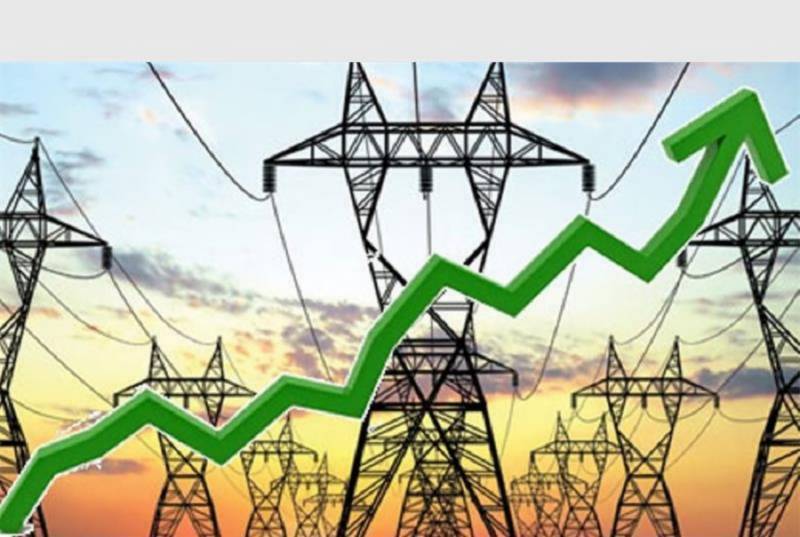Islamabad (Web Desk): Pakistan has agreed with the International Monetary Fund (IMF) to further increase the electricity prices on quarterly adjustments basis by the end of August, an IMF report said on Tuesday.
It is likely that the increase will be of Rs2.5 per unit from the next month.
“An adequate pricing structure reflective of costs is essential to eliminate the accumulation of circular debt as new capacity comes into the system and to make the sector a more attractive investment opportunity,” read the report.
“Currently, households consuming 300 units or below (about 70 per cent of all household consumers) are insulated from annual tariff increases. The authorities will continue with this practice and will moreover allocate for this year a new subsidy equivalent to 0.1–0.2 per cent of GDP to insulate those same consumers from the impact of the recently introduced quarterly tariff adjustment,” the report said.
The IMF report further stated that “Eliminating power sector losses on a sustainable basis will require both new pricing policies and improvements in governance and infrastructure.
There are three main sources of arrears in the power sector: effective tariffs below the required levels and only approved with significant delays; implicit subsidies provided by the government that have long remained unbudgeted; and technical and distribution losses. The authorities aim to address the first two sources in the near term while preparing a plan to tackle the third source of arrears over the course of the program.”
For this, the IMF has suggested three measures, including taking an adequate pricing structure reflective of costs, automatic quarterly adjustment of tariffs with a first tariff increase of over 10 per cent to generate PRs 150 billion in additional revenue (prior action).
“This adjustment will help to address the circular debt accumulated over the first half of FY 2019. A second quarterly adjustment will take place before end-August. Moreover, the FY 2020 electricity tariff schedule will be notified as determined by the regulator by end-September 2019 (structural benchmark),” the report added.
The IMF report also suggested strong financial support to the authority’s policy efforts by Pakistan’s international partners is essential to meet the large external financing needs in the coming years and allow the program to achieve its objectives.


